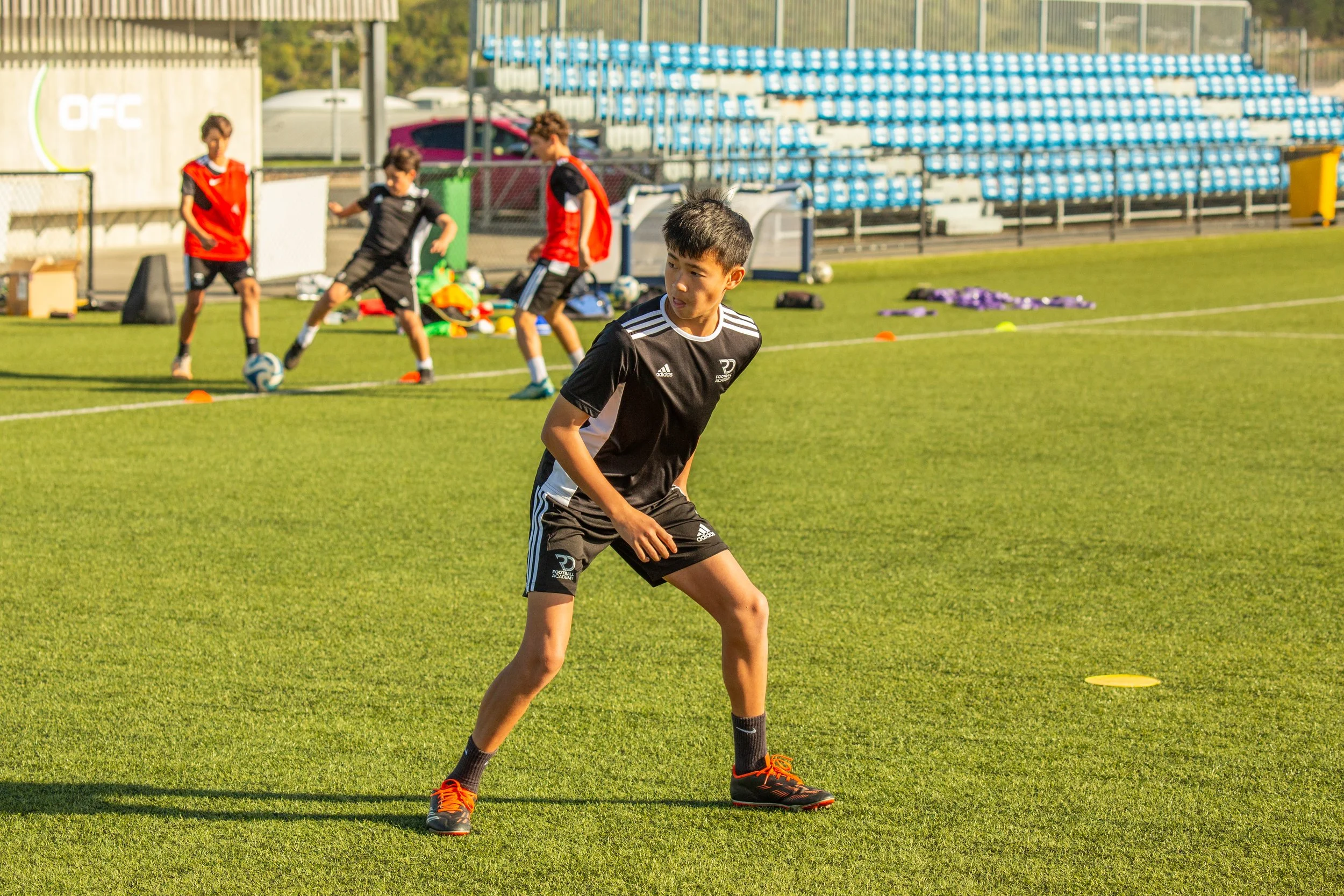Reprogramming the Brain: Building Better Habits in Young Athletes →
At RD Academy, we’re not just coaching physical skills—we’re developing the whole athlete. In one of our recent mindset sessions, we explored a powerful concept that can reshape not just how our athletes perform, but how they live:
The brain is like a computer. And like any computer, it can be reprogrammed.
That’s not just a catchy metaphor—it’s rooted in neuroscience. Our brains are constantly running “autopilot” programs: habits and responses that we've repeated so often, they feel automatic. Some of these are helpful, like staying composed under pressure or preparing efficiently for a game. Others… not so much. Nail-biting, negative self-talk, freezing in high-stakes moments—these are also programs. But here’s the good news:
Autopilots can be changed.
Just as athletes train muscles and movement patterns, we can also train better habits of thought and behavior. And the process? It’s surprisingly straightforward:
1. Awareness Comes First
Before we can change anything, we have to notice it. This means helping athletes become more mindful of what they do without thinking—whether it’s reacting with frustration after a mistake or zoning out during team talks.
2. Swap the Habit
Once we recognize an unhelpful behavior, the next step is to introduce a better alternative. For example, instead of clenching fists or fidgeting nervously, an athlete might learn to take a deep breath, refocus their posture, or use a mental cue to reset.
3. Practice Until It Sticks
Repetition is what turns a conscious effort into a new autopilot. The more consistently an athlete practices the new behavior, the faster it becomes second nature.
Take something as simple as a fidget spinner. These tools weren’t invented just to keep kids entertained—they were originally designed to offer a safer, more productive outlet for stress or excess energy. That’s habit replacement in action: using a new behavior to override an old one.
Why This Matters for Parents
Understanding this concept helps us support our young athletes beyond the field. Whether it’s managing nerves before a big game, staying focused in class, or dealing with life’s inevitable setbacks, teaching kids how to “reprogram” their responses gives them lifelong tools for resilience.
So next time your child feels stuck in a bad habit, remind them: just like learning a new skill in sport, change is possible. With the right mindset, coaching, and repetition, they can build the habits that build their future.


